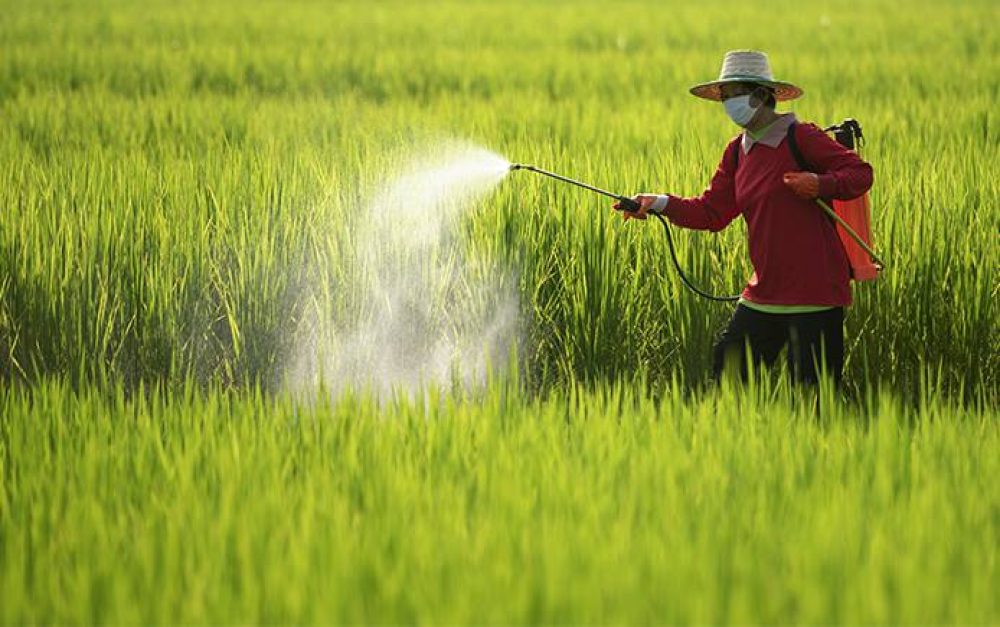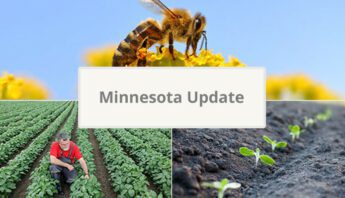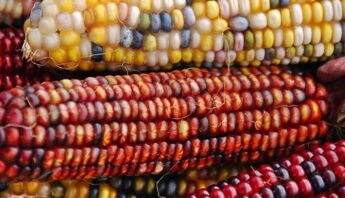Last month, the government of Thailand announced plans to ban the pesticides paraquat, glyphosate and chlorpyrifos by December 1. The news was not taken well by U.S. officials, who have been pressing hard to convince Thailand not to move forward with the planned bans.
Last month, the government of Thailand announced plans to ban the pesticides paraquat, glyphosate and chlorpyrifos by December 1. The news was not taken well by U.S. officials, who have been pressing hard to convince Thailand not to move forward with the planned bans.
In a series of letters from the U.S. Department of Agriculture (USDA) to the Prime Minister of Thailand, USDA accused the Thai government of taking action on glyphosate without sufficient scientific data, and warned of loss of U.S. imports of soybeans, wheat and other crops should the bans take effect.
Thai officials are standing by their decision. “Our job is to take care of the people’s health,” the public health minister, Anutin Charnvirakul, told Reuters reporters.
Policies to protect public health
Dozens of countries, states and municipalities have taken action to ban or restrict glyphosate as evidence of human health harms have emerged, including a finding by the World Health Organization that glyphosate is a “probable carcinogen.”
Glyphosate is the active ingredient in Roundup, Monsanto’s (now Bayer’s) widely used herbicide. Roundup has recently been in the news because of lawsuits from thousands of plaintiffs contending it caused their cancer. In the cases heard so far, the courts have ruled in favor of plaintiffs.
The herbicide paraquat has also been banned by many countries around the world, due to strong evidence of human health harms including links to increased risk of Parkinson’s Disease. Paraquat use is still allowed in the U.S., and the Environmental Protection Agency (EPA) is currently accepting public comments on a proposal to continue its use.
U.S. lags further behind
The U.S. continues to use millions of pounds of agricultural pesticides every year that have been banned for use in other countries, including China, Brazil and the EU. As additional countries step up to take action on hazardous pesticides, the gap between the U.S. and other countries’ protection of public and environmental health continues to grow.
As journalist Carey Gillam notes in a recent column in The Guardian, this reflects the influence of an increasingly consolidated pesticide industry on U.S. policymakers:
The agrochemical industry players are devoted donors to the political machinery that runs Washington, and they expect a return on their dollars.
PAN salutes Thailand for standing up to pressure from the U.S., and encourages them to continue putting the health of their communities above pesticide industry profits.







